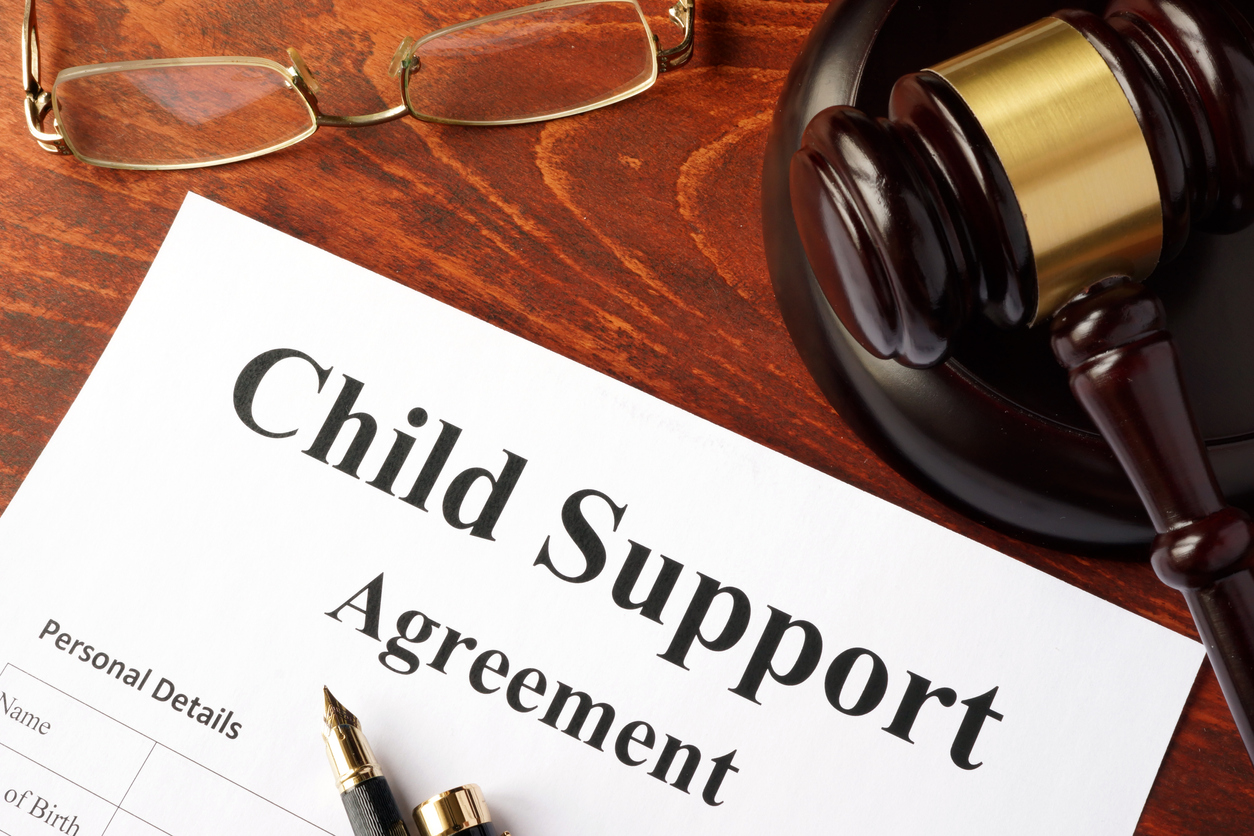
When parents go through a divorce, they must determine new arrangements for the future of their children. Two important things to settle are child custody and support. Even if one parent obtains physical custody of their child, both parents are required to financially support them. This is done through child support payments that are made from the non-custodial parent to the custodial parent. This allows them to continue caring for their child. The cost of living for a child in the state of New Jersey can become expensive for one parent to handle on their own. With child support, both parents are involved and can balance out the costs to ensure the child has a stable upbringing.
Factors to be Considered
Every family is different from one another. Because of this, they are treated differently when determining child support. The state of New Jersey does not have a “one size fits all” approach to support amounts. In order to establish an amount, courts follow the New Jersey Child Support Guidelines. This is a formula that calculates the child’s expenses with both parents’ income to come to a fair amount in support. It applies to parents with combined yearly incomes between $8,840 and $187,200.
For cases that do not apply to the Guidelines, the court considers several factors relating to the family to determine child support. This may include:
- The financial status of each parent
- Who has physical custody of the child
- Any income, debt, and assets of each parent
- Each parent’s earning capacity
- Each parent’s work history
- The child’s needs
- The child’s age/health
- The child’s education
- The cost of providing for the child
When Does Child Support Stop?
Parents are required to continue financially supporting their children until they reach the age of emancipation. In the state of New Jersey, the age of emancipation is generally 19 years old. However, courts sometimes make exceptions to this under certain circumstances. For example, if a child wishes to pursue higher education, the court may extend support payments until they finish school and can support themselves. There are also circumstances in which support payments can be terminated. If a parent wishes to do so, they are required to petition the court and prove their child can financially support themselves. If the court agrees to this, support payments can end.
Contact our Firm
If you or a family member is seeking representation for a child support case, contact Townsend, Tomaio & Newmark LLC., today.